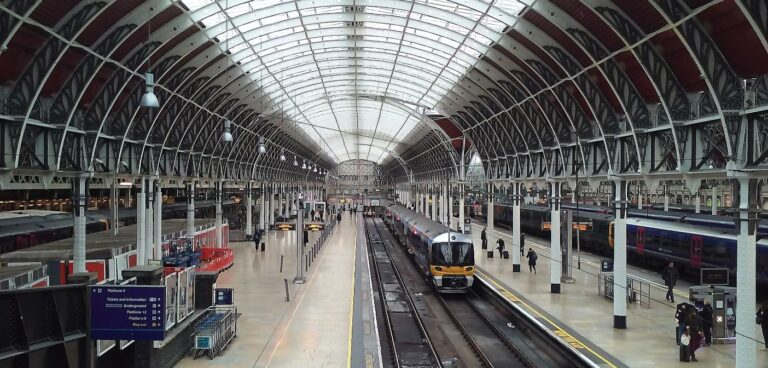Prince Charles delivered the Queen’s Speech today [10 May] outlining the government’s priorities for the year ahead, which included the Transport Bill.
The speech covered 38 laws that ministers intend to pass in the coming year. It had been suggested last week that the Transport Bill would include several measures to strength the UK’s transport network including the establishment of a new rail body; continuing with the development of high-speed rail; regulating the sale of e-scooters; and provision for driverless cars.
However on the subject of transport, His Royal Highness only said: “Her Majesty’s government will improve transport across the United Kingdom, delivering safer, cleaner services and enabling more innovation. Legislation will be introduced to modernise rail services and improve reliability for passengers.”
Responding to the speech, Norman Baker, from Campaign for Better Transport, said: “We are pleased to see that much needed improvements to the country’s rail network have been included in the Queen’s Speech today in the form of a Transport Bill, however we are disappointed there is no mention of legislation to address the failing ticketing system. Without whole-sale reform of the entire ticketing system we cannot hope to have the better and more reliable service passengers have been promised.”
Commenting on the announcement, Cllr David Renard, transport spokesperson for the Local Government Association, said: “Councils are determined to tackle climate change and are already supporting the transition to electric vehicles. It is good that the Queen’s Speech outlines ambitions to speed up this transition but councils need clarity about their role in delivering this change.
“Encouraging greater use of the passenger transport network, including rail but also buses, is an important way of tackling poor air quality and meeting net-zero targets. Any new railway body must work with councils closely, who have a key role to play supporting investment in local railway infrastructure and regeneration of communities.
“It is disappointing that the Queen’s Speech did not give councils the powers they need to tackle the scourge of pavement parking, which presents a danger to pedestrians and vulnerable people. We urge the government to take urgent action and make our streets safer for everyone.”
On 27 April, transport secretary Grant Shapps had said the government planned to announce measures concerning e‑scooters in the Queen’s Speech. There was no mention of such legislation by Prince Charles. A report into the e-scooter trials was also due to be published in “late spring 2022”.
Micromobility operator Bird stressed that when the bill is drafted it needs to include legalisation for the private sale of e-scooters to consumers.
James Padden, general manager, Bird, said: “It is right that the government sets about introducing regulation to ensure that the operators and end products that are available to consumers maintain the high levels of safety standards that we have been developing globally since we founded the industry in 2017.
“However, it is vital that any regulation doesn’t stifle innovation, or the transformation that e-scooters, and micromobility more widely, offer to create liveable cities. The industry has a long-standing track record of innovation and is ready to adapt to legislation as well as customer needs.
“To transform our cities and reach net zero, e-scooters can play a powerful role, provided consumers are empowered to make a conscious, low-carbon transport choice. This is supported by the government’s own national survey which showed that 9% of people would buy an e-scooter if made legal. Regulation that goes too far risks hampering accessibility to such flexible modes of transport for the people that need it most.”





